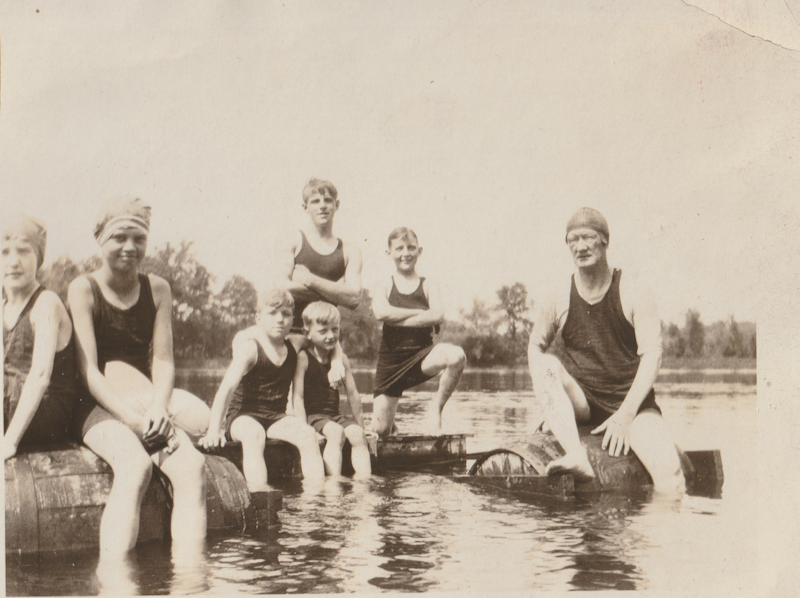Every so often, out of curiosity, I’ll read Frank Bruni’s latest essay in The New York Times. In that daily’s hula-hoop “Opinion” hierarchy, Bruni doesn’t fare so badly; he’s not as (unintentionally) silly as David Brooks; out-to-pasture like Thomas Friedman; as scummy and brow-beating as alleged “economics” columnist Paul Krugman; worn-out like Maureen Dowd; and is more tolerable than hair-on-fire DNC apologists David French, Ezra Klein, Gail Collins and Charles Blow. He’s on a par with Ross Douthat: inconclusive, meandering, wishy-washy, but, considering the in-house “competition,” not particularly offensive. Years ago, he was an excellent restaurant critic for the paper, before getting booted upstairs (probably with a pay raise) to The Thinking Department.
Bruni’s April 20th “Guest Essay,” headlined “The Most Important Thing I Teach My Students Isn’t on the Syllabus,” adapted from an upcoming book I won’t read called The Age of Grievance, was about “humility” (though after taking in his wisdom, I’d say Bruni needs a tune-up on that virtue), and what he attempts to impart to those who attend his journalism and public policy class at Duke University. I’ve no idea how many young men and women are so dim that they’d waste money on such a course—never mind the I’ll-Put-Off-Getting-A-Job people who pay a fortune for a master’s degree in journalism—but given the media’s no-future promise, it’s a belly-scratcher, no matter what shape your stomach is in.
I’ll grant Bruni that taking on a professorship today (aside from the likely chintzy stipend he receives) is thankless, except for the ego strokes. This is indicative: he begins each semester telling the students that he has “quirks and passions,” such as being “a stickler for correct grammar, spelling and the like,” and if they don’t adhere to that “quirk,” especially “and the like,” they’re not likely to “end up with the grade they’re after.” Bruni’s several years younger than me, but I’d wager that none of his teachers at University of North Carolina, Chapel Hill even mentioned grades in opening remarks. None of mine did, it was considered gauche.
Then he confuses me: “And I’m going to repeat one phrase more often than any other: ‘It’s complicated.’” Any diligent attempt at attaining understanding of, say, Romantic Poets, physics or art history is difficult, but “complicated”? I flashed back to 2008, when “olds” were granted permission to create accounts on Facebook, and “It’s complicated” was a choice for filling out a relationship or sexual preference. That made no sense to me, but my then-teenage sons explained it was kind of a goof, and though I found a scarcity of humor on Facebook, I took their word for it.
Some people don’t like Mondays (I do), some rave about pineapple-topped pizza (not me) and others engage in daredevil sports. As Bruni implies—at least I think he does—everyone has varying “quirks and passions.” One of mine, and it’s not a passion or quirk really, just a longtime writer’s tic, is the barrage of cliches, especially in this century, that journalists and authors employ. For example, something can’t be unpopular, it must be “wildly unpopular.” The lack of a straightforward opinion also bugs me: when making a point, people increasingly preface the opinion with, “Yes, it’s true that… but.” Time for an Alka-Seltzer break.
Getting back to Bruni’s complications, he writes: “I’ll sometimes say it when we’re discussing the roots and branches of a social ill, the motivations of public (and private) actors and a whole lot else…” He uses “actors” again in the next paragraph, and although the use of “actors” instead of “people,” “public officials” or criminals is lazy. I believe the use, and overuse, of “actors” became shorthand around the turn of the century, at the same time admonishments of “You need to own that” or encouraging the wobbly to “embrace your agency” replaced “It was a perfect storm of…” but not, to my chagrin, the now-meaningless phrase “double down” or “game-changer.”
“Yes,” cliches aren’t new. In the early-1970s, one that bugged me was, “Clean up your act.” Or, instead of saying, “yep,” it was “For sure.” And “Right on!”, applied to mundane statements like “I got an A on the History quiz,” disappeared in relatively short order. You don’t hear “Get a life” much anymore, but that was nettlesome. It’s the “public square” of social media that’s allowed cliches to proliferate, but perhaps that’s too “complicated” a conclusion.
The picture above, with my mom on the left and grandfather on the right, in his “bathing costume,” was shot on a summer day in Northport, Long Island. Just a guess, perhaps romanticized, but I think those assembled (including my Uncles Joe and Pete in the scrum) spoke in complete sentences and didn’t overthink, like Frank Bruni, the concept of humility.
Look at the clues to figure out the year: The first Birdseye frozen foods go on sale in Massachusetts; the Smoot-Hawley Tariff Act is signed into law; the Nation of Islam is founded in Detroit; John Gielgud plays Hamlet for the first time at London’s Old Vic; Jean-Luc Godard is born and D. H. Lawrence dies; Marlene Dietrich makes her Hollywood debut in Morocco; Betty Boop premiers in Dizzy Dishes; the Philadelphia Athletics win the World Series; G. Gordon Liddy is born and William Howard Taft dies; Evelyn Waugh joins the Catholic Church; William Faulkner’s As I Lay Dying is published; Big Bill Broonzy’s “Skoodle Do Do” is released; and Mahatma Gandhi is Time’s “Man of the Year.”
—Follow Russ Smith on Twitter: @MUGGER2023

